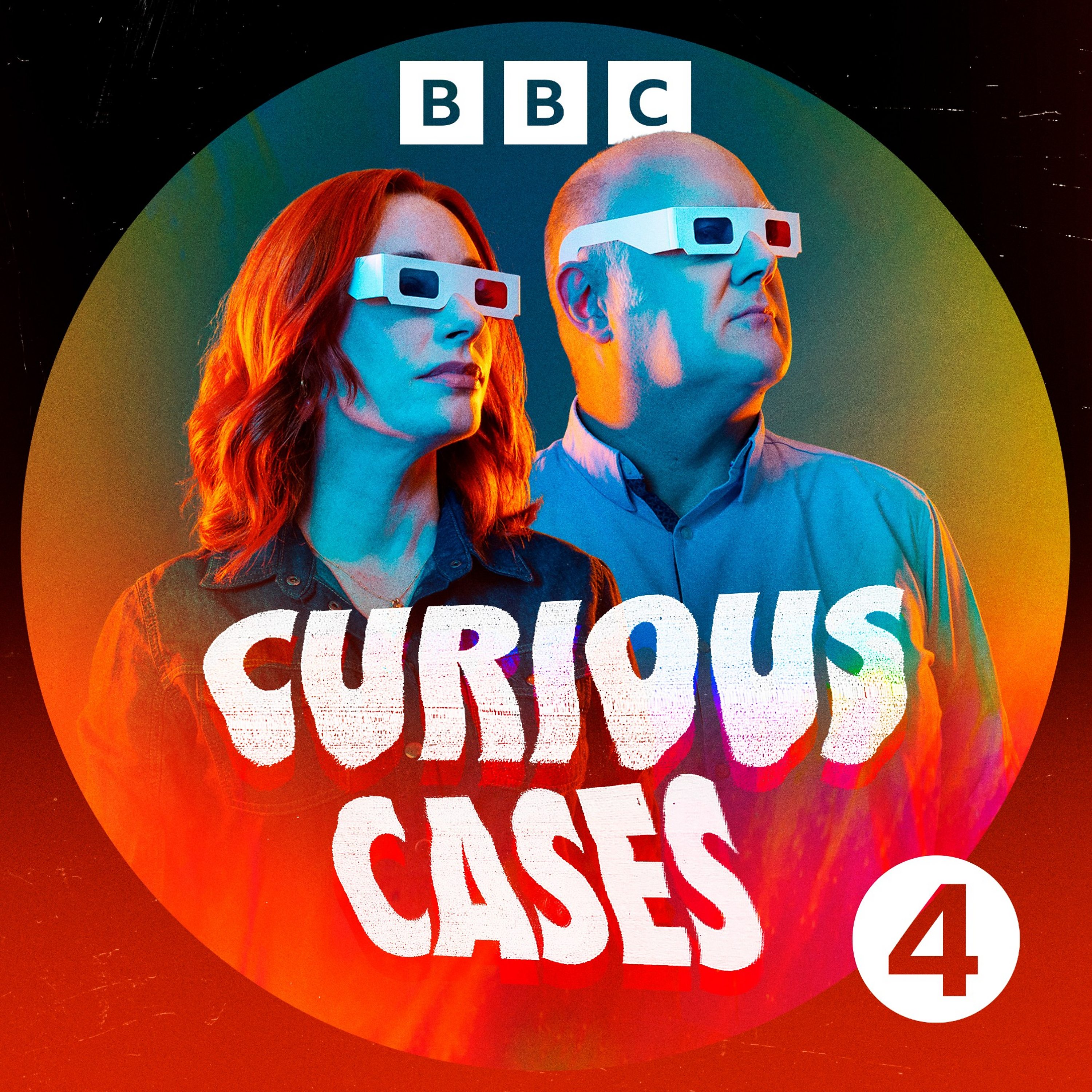A Weighty Matter Part 2
Description
The doctors continue their investigation into gravity, and answer Peter Fraser’s question: Is dark matter a proper theory or just a fudge to fit existing 'proper' theories to otherwise inexplicable observations?
Whilst scientists are pretty convinced our understanding of gravity is largely correct, there are still some significant gaps. Namely, given the way galaxies are observed to behave, around 85% of the matter that they think should be in our universe. So where – and, as importantly, what – is it? Cosmologist Andrew Pontzen introduces the evidence from our observations of the cosmic microwave background, light leftover from the Big Bang, which indicate that dark matter exists.
However, this evidence alone is not enough for science. Physicist Chamkaur Ghag is trying to find particles of dark matter here on Earth. Unsurprisingly, no-one is quite sure where these critters are hiding in the particle zoo of protons, neutrons, electrons, quarks, bosons, muons and the rest – or even what they look like. One theory suggests a weakly interacting massive particle, or WIMP, may be the dark matter minibeast. Hundreds of thousands of these could be flying through our fingertips every second. To tell whether they’re there, Cham and hundreds of scientists are building detectors: Huge vats of liquid xenon in underground caverns.
Bond villain-esque lairs don’t come cheap, and listener Peter’s query is valid – what if dark matter goes the same way as the aether, an all-permeating (and ultimately non-existent) material that was hypothesised to carry light through the vacuum of space? Astrophysicist Katy Clough reiterates that experiments are the way to test predictions. Building a picture of how gravity works continues to take many people enormous effort, but this is the scientific process.
Presenters: Hannah Fry & Adam Rutherford
Producer: Jen Whyntie
A BBC Audio Science Unit production for BBC Radio 4
More Episodes
Published 01/04/25
11 year old Esther visualises days of the week in a kind of 3D structure. It’s something called ‘synaesthesia’ and she wants to know why it happens - and why other people don’t experience things the way she does.
Hannah Fry and Dara Ó Briain explore the vibrant and varied ways different people...
Published 11/09/24
It’s sometimes said that timing is everything and this week the pair investigate the mystery of rhythm, discovering why some of us might be better at staying in tempo.
From the daily cycle of dawn and dusk to sea tides and circadian clocks, rhythm governs many aspects of our lives, and cognitive...
Published 11/02/24


